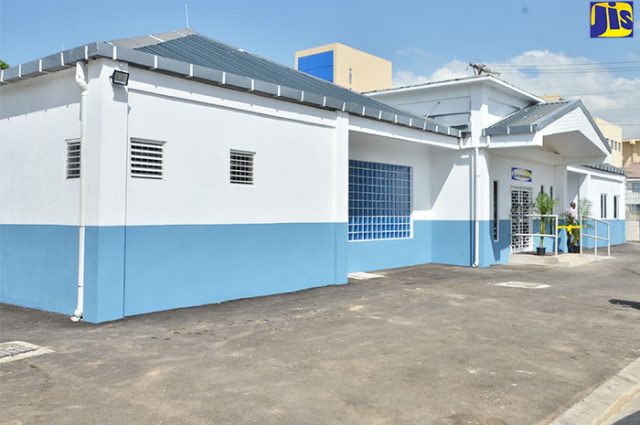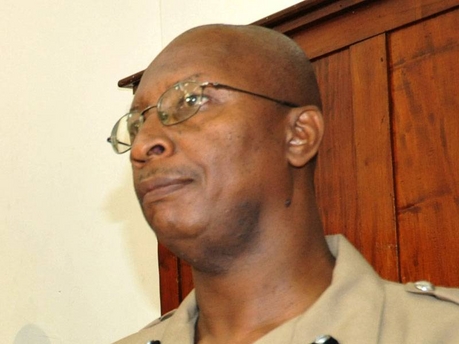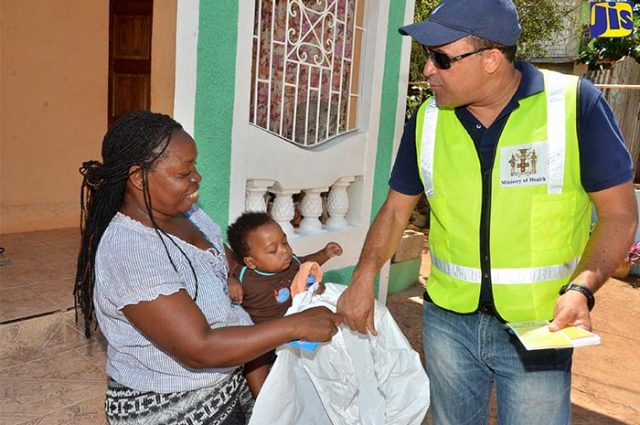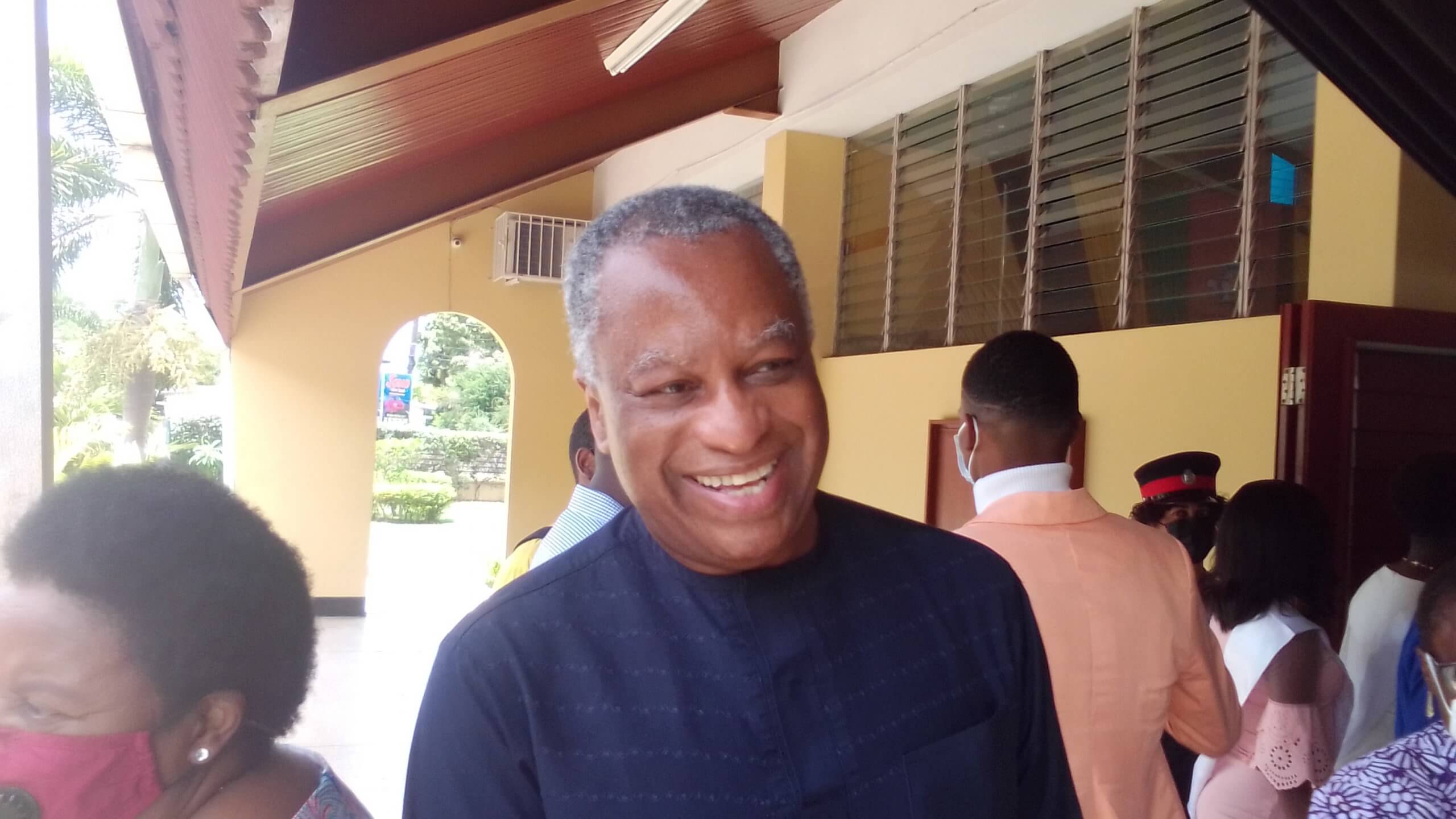Upgraded ESP Centre to Reach More Children with Disabilities
Director of the Early Stimulation Programme (ESP), Antonica Gunter-Gayle, could hardly contain her joy at the recent opening of the programme’s upgraded facility for special needs children.
“I feel great, I am excited; the staff is overcome. It is a good feeling,” she says.
The $86-million centre, located at 95 Hanover Street, downtown Kingston, was constructed by the Government through financing from the Inter-American Development Bank (IDB).
It has a clinic, three assessment rooms with bathrooms, cubicles for early-childhood practitioners, sensory room and speech therapy room, and other units.
Mrs. Gunter-Gayle said the upgraded centre will enable the ESP to improve assessment and intervention services for children with disabilities.
“Our children with disabilities are children first, and I am really happy about this building,” she said.
“We are giving them the opportunity to be the best that they can be to reach their highest potential,” she added.
Operating under the Ministry of Labour and Social Security, the ESP caters to the developmental needs of children with disabilities up to six years, and currently provides early stimulation and interventions for more than 1,500 children across the island.
Portfolio Minister, Hon. Shahine Robinson, said with the upgrading of the facility, the ESP is equipped to do more for its clientele, as it is now positioned to engage a wider corps of specialised professionals, including developmental psychologists, speech therapists, and occupational therapists.
Over the long term, she says, the intention is to establish regional centres to provide early intervention services, which, she said, “will help to reduce the institutionalisation of young children with developmental disabilities across the island”.
Senior Social Protection Specialist with the IDB, Donna Harris, commends the Government and its partners for “embarking on this important journey for the benefit of our children with disability. This wonderful structure represents the future of many of our kids”.
Chief Technical Director in the Ministry, Dione Jennings, said the expansion of the centre is in keeping with the Government’s efforts to protect persons with disabilities and promote their rights.
She says the Government is committed to promoting social protection and respect of all human beings, breaking down barriers of discrimination and building bridges of inclusion.
She points out that approximately 60 per cent of ESP beneficiaries are on the Programme of Advancement Through Health and Education (PATH), and have limited access to intervention services.
Mrs. Jennings says measures aimed at promoting and protecting the rights of persons in situations of vulnerability will continue and “we are assured that the staff and beneficiaries of this facility will be even more energised in their commitment”.
Omar Francis, who is the Assistant to Minister of Health, Dr. the Hon. Christopher Tufton, says the upgrading of the centre is a welcome development.
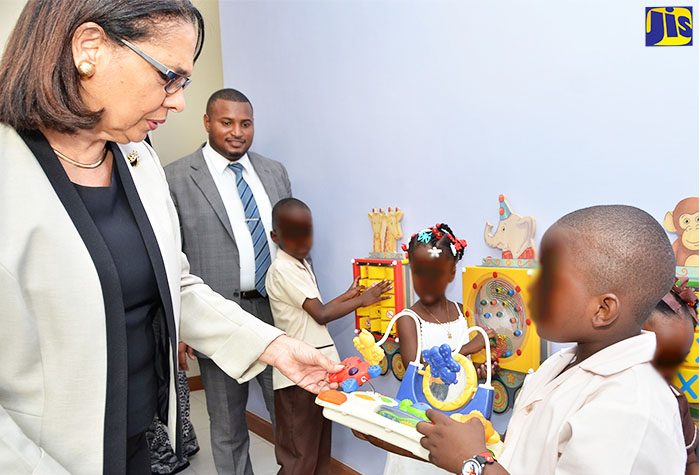
“Early intervention for disadvantaged kids has been proven to have dramatic long-term effects. When incorporated with early-childhood education, nutrition and health, the lasting effects are invaluable,” he states.
He says studies have shown that children who receive early treatment are at significantly lower risk for serious cardiovascular and metabolic diseases, such as stroke and diabetes.
“These findings demonstrate the great potential of coordinated birth to age five early-childhood programmes to prevent chronic disease, reduce healthcare costs and produce a flourishing society,” Mr. Francis points out.
Opposition Spokesperson on Labour and Social Security, Dr. Fenton Ferguson, also welcomes the development, describing it as a “worthy response to our children with disabilities”.
Technical management for the project was provided by the Jamaica Social Investment Fund (JSIF).
The assessment centre is part of a Government of Jamaica Integrated Social Protection and Labour Programme, aimed at improving human capital and labour market outcomes for the poor by enhancing the efficiency and effectiveness of key social protection programmes.
Since 1975, the ESP has been serving the special needs community, and has reached some 30,000 children through various intervention services.
In addition to assessment of children with disabilities, the ESP provides rehabilitative therapy, community-based intervention services within homes, schools, health centres, and day-care facilities, as well as counselling support for families and caregivers of special needs children.

